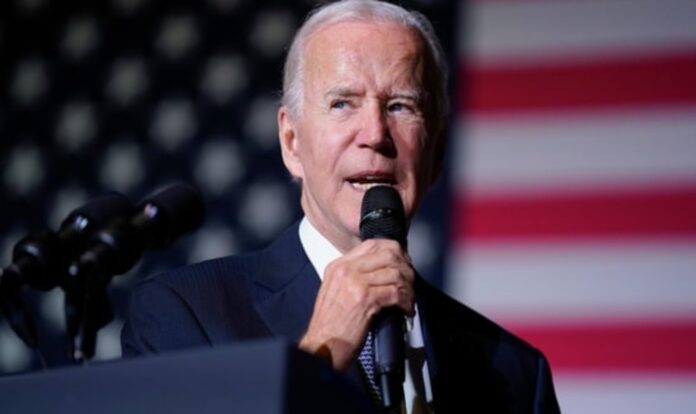The White House announced a significant military aid package for Taiwan on Friday, valued at $345 million, in a move aimed at bolstering the island’s defenses against potential Chinese aggression. The package, drawing on America’s own stockpiles, includes a range of equipment and support, encompassing defense, education, and training for the Taiwanese forces. According to two U.S. officials, the aid will comprise man-portable air defense systems (MANPADS), intelligence and surveillance capabilities, firearms, and missiles.
The decision comes after mounting pressure from U.S. lawmakers to expedite weapons deliveries to Taiwan, aiming to both enhance its defensive capabilities and deter China from considering military action by raising the costs of invasion. The move, while welcomed by Taiwan’s trade office in Washington as crucial support for the island’s self-defense, sparked strong protests from Chinese diplomats. China views Taiwan as part of its territory and has not ruled out the use of force to bring it under its control. This aid package marks a departure from previous military sales, as it leverages presidential authority approved by Congress to draw weapons directly from existing U.S. military stockpiles.
By doing so, Taiwan will receive the much-needed weaponry faster, bypassing delays caused by production and sales processes. The U.S. has been keen to learn from the lessons of Russia’s invasion of Ukraine, adopting a proactive approach in supplying stockpiles of weapons to Taiwan before any potential attack occurs. Pentagon officials have highlighted the challenges of resupplying an island nation like Taiwan in the aftermath of a conflict. Maintaining its “One China” policy, the U.S. does not formally recognize Taiwan’s independence, but it is legally bound to provide credible defense support to the island.
The recent military aid package is in addition to nearly $19 billion in previously approved military sales of major weapons systems to Taiwan. China’s aggressive actions in the Taiwan Strait, including sending warships and planes close to Taiwan’s territorial boundaries, have further intensified tensions in the region. Despite China’s objections, the U.S. continues to assert its commitment to Taiwan’s security. With this move, the Biden administration aims to reinforce Taiwan’s capacity to defend itself while sending a clear signal to China about its commitment to the stability and security of the Indo-Pacific region.


